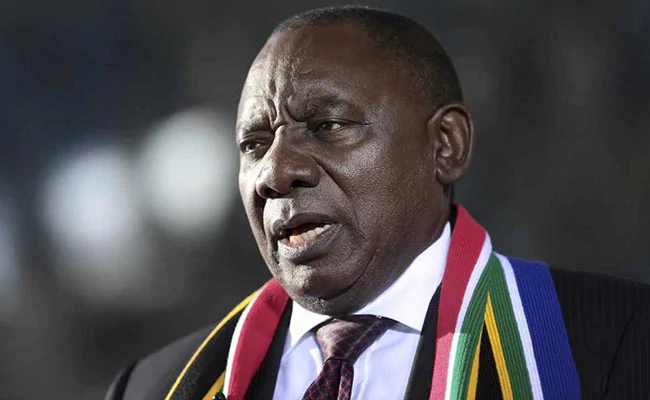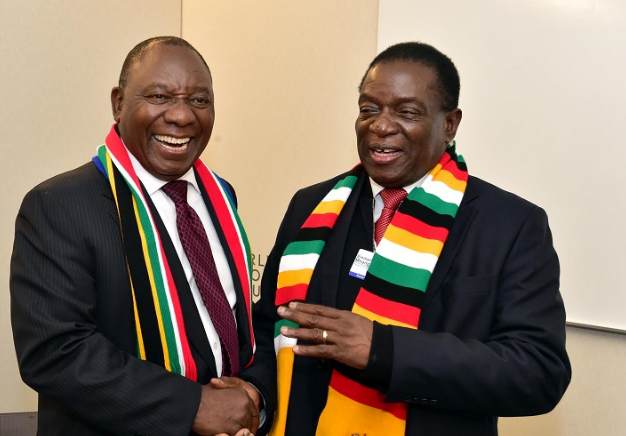- News
- No Comment
SA rules out SADC summit venue change; confirms Ramaphosa will be in Harare

By Business Day
SOUTH AFRICA has thrown its weight behind Zimbabwe hosting the Southern African Development Community (Sadc) annual summit in Harare this week despite reported multiple arrests and human rights violations in the lead-up to the regional event.
SA, which is due to join 15 other countries at the Sadc summit, says it has no authority to demand that the event be moved to another country as Zimbabwe’s president, Emmerson Mnangagwa, holds the chairpersonship.
Though the head of state summit is scheduled to take place on August 17, Sadc meetings have already started taking place in Harare. A Sadc industrial week is taking place in Harare and a council of ministers as well as that of the troika will take place in the lead-up to the summit.
“Zimbabwe is the incoming chair of Sadc. SA will have no authority to tell Sadc that the summit can’t take place in Harare,” said department of international relations & co-operation head of public diplomacy, Clayson Monyela.
“SA maintains that political challenges can be resolved by peaceful dialogue. All the issues that are being raised by activists and political organisations can be resolved by sitting around the table with the government of the day. SA will have no problem playing a facilitating role,” Monyela said at a press conference on Monday.
In the run-up to the summit, Mnangagwa launched a big clampdown on opposition voices with international civil society organisations, including Amnesty International and Human Rights Watch, calling for an end to the crackdown on critics of the government.
Opposition figure Jameson Timba and 77 other activists have been detained while police in June arrested 44 members of the Zimbabwe National Students Union for “disorderly conduct”.

Highlight abuses
The streets of Harare now resemble a country at war, with military vehicles patrolling potential hotspots in the capital city’s central business district and in townships.
Opposition parties, human rights organisations and civil society groupings’ intention to use the summit to highlight the government’s abuses and excesses have been met with warnings of arrest by senior government officials and Mnangagwa himself.
“The government of president Mnangagwa is accelerating its crackdown against legitimate and peaceful activism ahead of the August summit,” said Allan Ngari, Africa advocacy director at Human Rights Watch, said.
Sadc should engage with the authorities to take “clear measures” to ensure the enjoyment of basic freedoms by all Zimbabweans.
Khanyo Farise, Amnesty International’s deputy regional director for East and Southern Africa, has been reported as saying that since mid-June, Zimbabwean authorities have conducted a huge crackdown on dissent.
“More than 160 people have been arrested so far including elected officials, opposition members, union leaders, students and journalists,” said Farise.
“Security forces have tear-gassed people in a private residence, beaten people so badly they needed hospitalisation, forcibly disappeared people for hours and tortured people in custody. The authorities must stop committing such violations and immediately release all detainees,” he said.
The DA’s spokesperson on international relations, Emma Powell, has also called for the venue of the summit to be changed amid the reported human rights violations.
“Allowing the summit to proceed under the current circumstances will not only endorse Zanu-PF’s flagrant abuse of international law, but further undermine the principles upon which Sadc was established,” she said.
Mnangagwa’s upcoming chairmanship was “testament to the continued failure of regional leaders to hold these political thugs to account”, Powell said in a statement.
“SA, as a leading member of Sadc, must now take a firm stand to uphold international law and advocate for the summit to be moved to a location that upholds and respects democratic values.”
